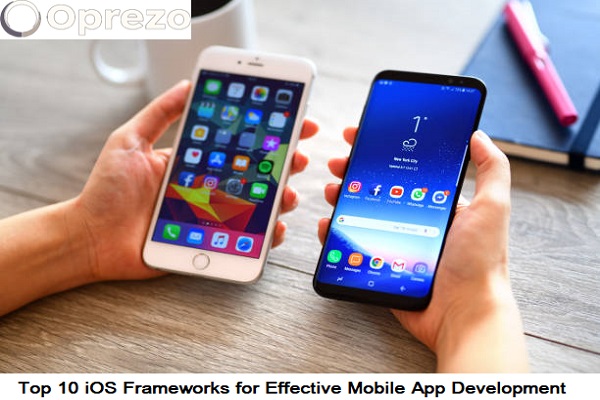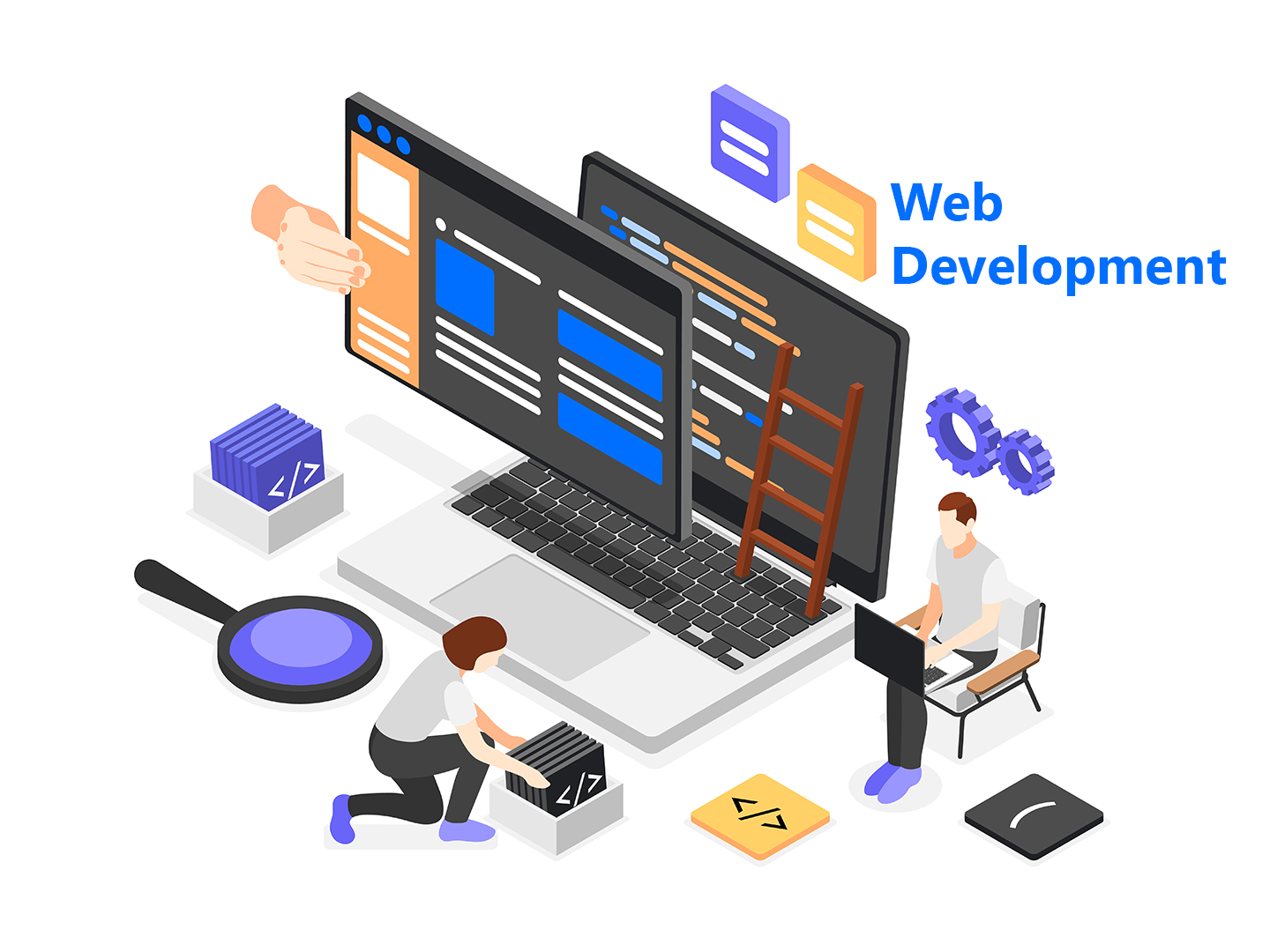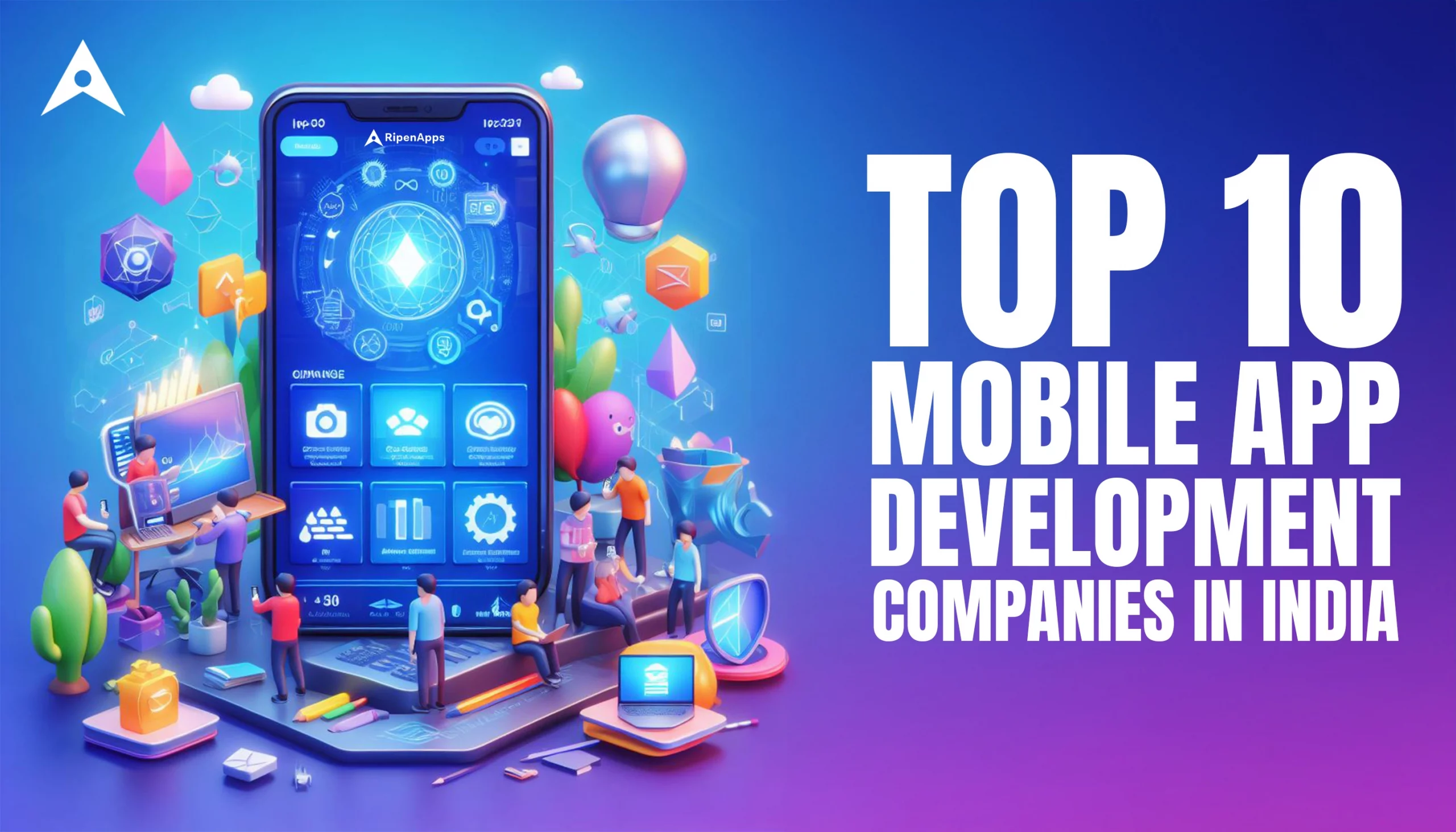
Introduction:
When it comes to developing robust and feature-rich iOS mobile applications, leveraging the right frameworks can significantly enhance the development process. iOS frameworks provide a collection of pre-written code that simplifies app development, accelerates coding tasks, and enables seamless integration of various functionalities. In this blog post, we will explore the top 10 iOS frameworks that are widely used for effective mobile app development.
1. UIKit:
UIKit is a fundamental framework for iOS app development. It provides a set of essential components and tools for building user interfaces, managing user interactions, and handling app navigation. With UIKit, developers can create visually appealing and interactive interfaces using views, buttons, tables, and more.
2. SwiftUI:
Introduced in iOS 13, SwiftUI is a modern and declarative framework for building user interfaces across all Apple platforms. It offers a simple and intuitive way to design interfaces using a combination of visual and code-based approaches. SwiftUI supports real-time previews, animations, and is compatible with older iOS versions.
3. Core Data:
Core Data is a powerful framework that enables developers to manage the persistence of data in iOS applications. It provides an object graph and persistence framework, allowing you to store, retrieve, and manipulate data efficiently. Core Data abstracts the underlying data storage, making it easier to work with databases and data models.
4. Alamofire:
Alamofire is a popular networking framework for iOS development. It simplifies the process of making network requests, handling responses, and managing network-related tasks. Alamofire supports various HTTP methods, authentication, JSON serialization, and has a robust set of features for building network-enabled apps.
5. Firebase:
Firebase is a comprehensive mobile development platform that offers a wide range of tools and services. It includes features like a real-time database, cloud storage, authentication, push notifications, and analytics. Firebase provides a backend infrastructure that simplifies app development and helps developers build scalable and reliable iOS applications.
6. RxSwift:
RxSwift is a reactive programming framework for iOS development. It allows developers to handle asynchronous and event-driven tasks in a more streamlined manner. RxSwift leverages reactive extensions (Rx) to write concise and readable code, making it easier to manage data streams, user input, and other asynchronous operations.
7. Realm:
Realm is a mobile database framework that provides a fast and efficient alternative to Core Data and SQLite. It offers an object-oriented approach to data persistence, with support for real-time data synchronization and automatic conflict resolution. Realm is known for its performance and simplicity, making it a popular choice for iOS app developers.
8. MapKit:
MapKit is Apple's framework for integrating maps and location-based services into iOS applications. It provides a range of features for displaying maps, adding annotations, routing, geocoding, and more. MapKit offers access to Apple Maps data and allows developers to create location-aware apps with ease.
9. ARKit:
ARKit is Apple's augmented reality (AR) framework, enabling developers to build immersive AR experiences for iOS devices. It provides tools and APIs for detecting and tracking real-world objects, placing virtual objects in the environment, and implementing interactive AR features. ARKit has gained significant traction in various industries, including gaming, education, and e-commerce.
10. HealthKit:
HealthKit is a framework designed for health and fitness app development. It allows iOS applications to collect and manage health-related data, including activity, workouts, sleep patterns, and more. HealthKit provides secure access to user health data, enabling the creation of innovative health and wellness applications.
Conclusion:
Choosing the right iOS frameworks is crucial for effective and efficient mobile app development. The frameworks mentioned above, including UIKit, SwiftUI, Alamofire, Firebase, and others, offer powerful capabilities and streamline the development process. Whether you
 Best Mobile App Development Company in Delhi NCR | Oprezo India
Best Mobile App Development Company in Delhi NCR | Oprezo India
 Top Web Development Services in Delhi/NCR | Oprezo India – React JS, Angular JS, eCommerce & More
Top Web Development Services in Delhi/NCR | Oprezo India – React JS, Angular JS, eCommerce & More
 Top Mobile App Development Company in Delhi / NCR | Oprezo India
Top Mobile App Development Company in Delhi / NCR | Oprezo India
 Mobile App Development in Delhi - Android, iOS, Hybrid & Flutter | Oprezo India
Mobile App Development in Delhi - Android, iOS, Hybrid & Flutter | Oprezo India
 Why Oprezo India is the Best Web Development Partner in Delhi NCR?
Why Oprezo India is the Best Web Development Partner in Delhi NCR?